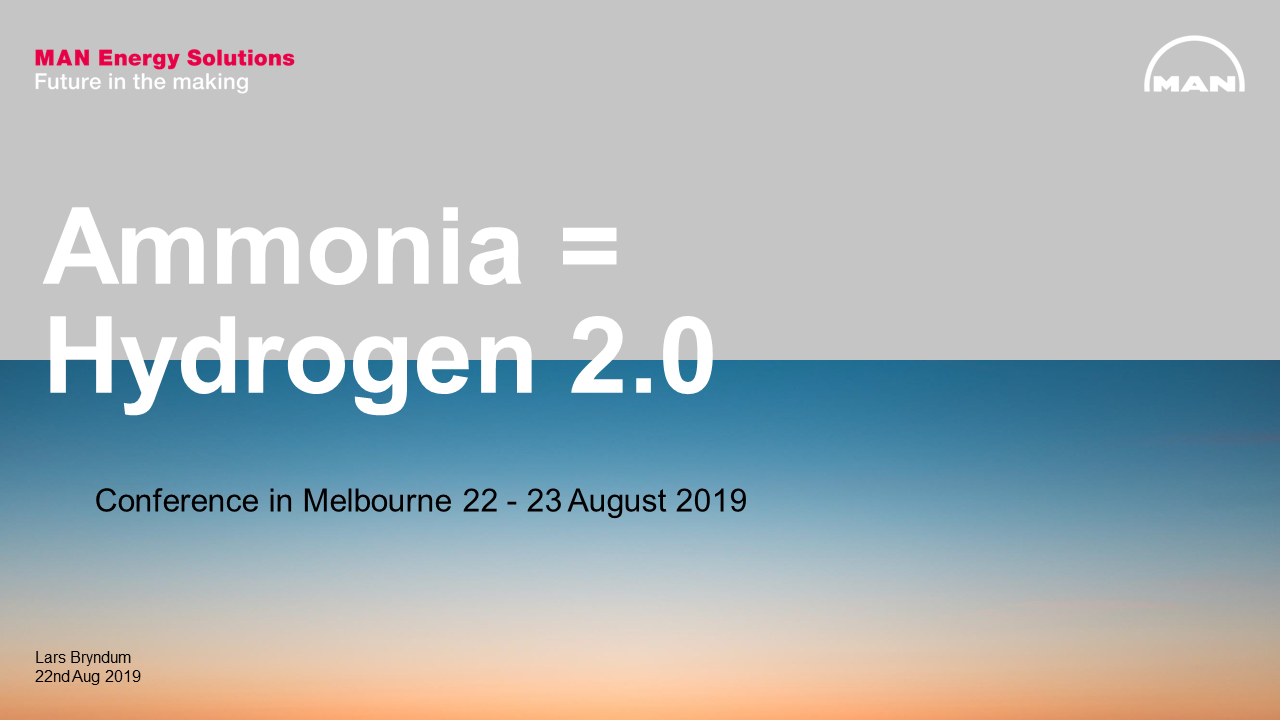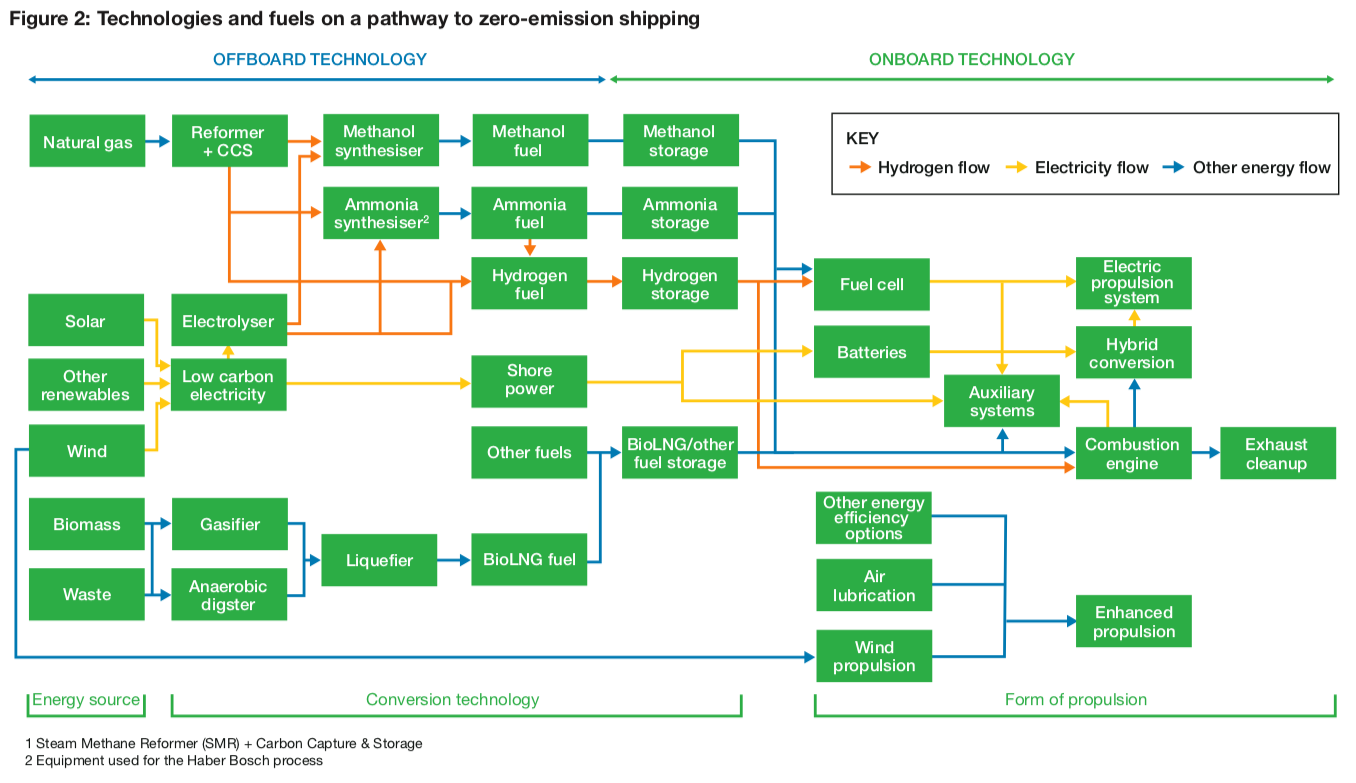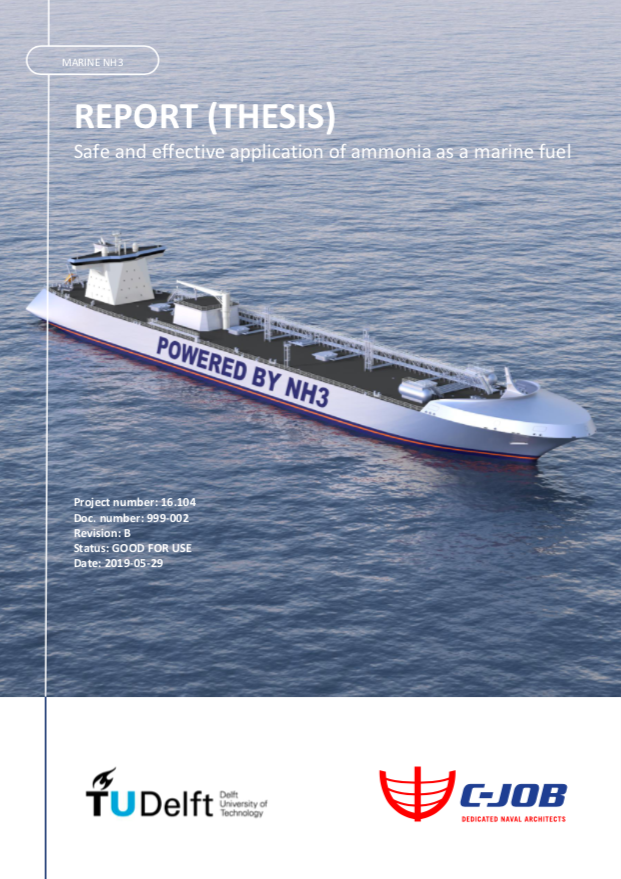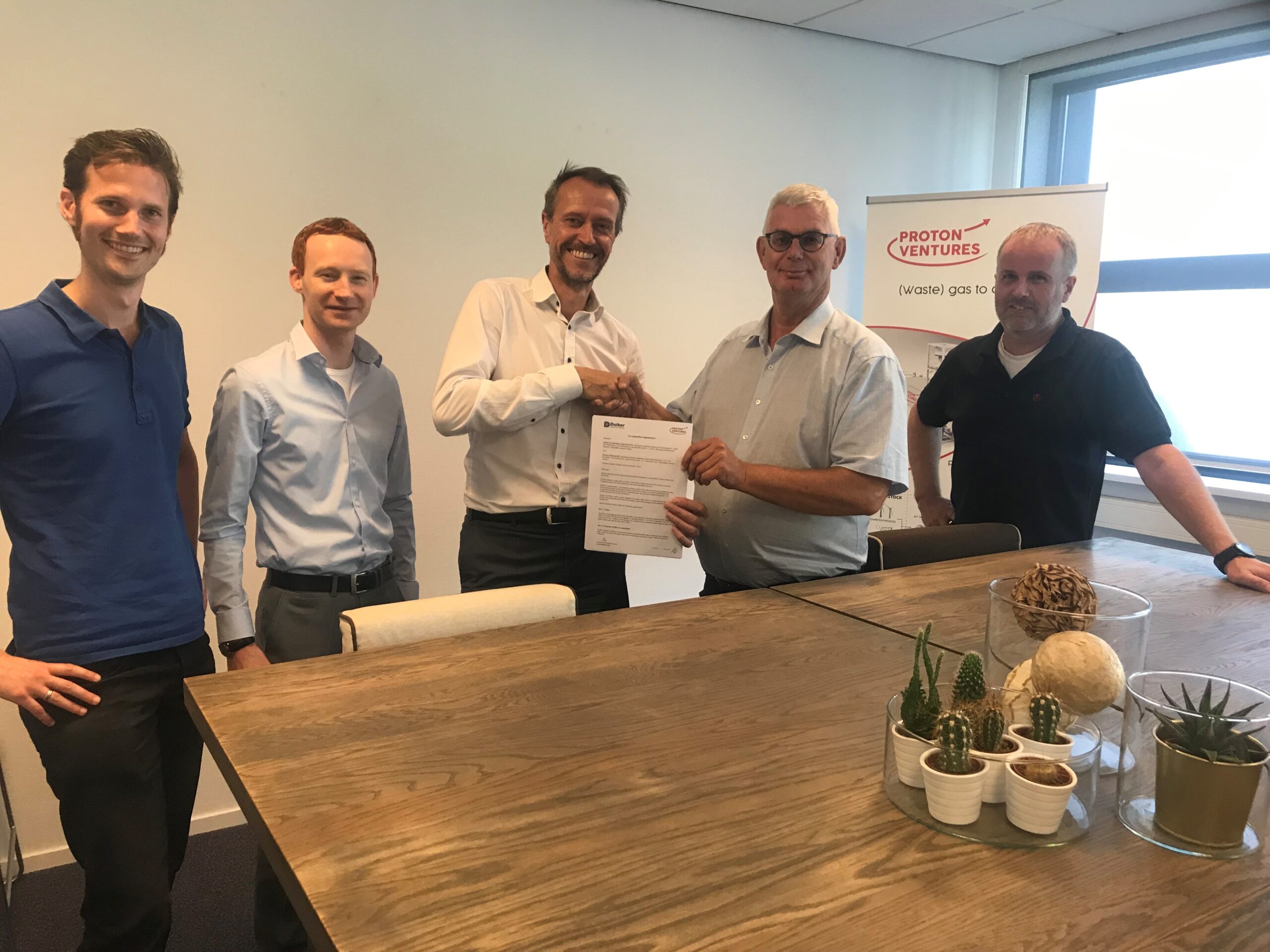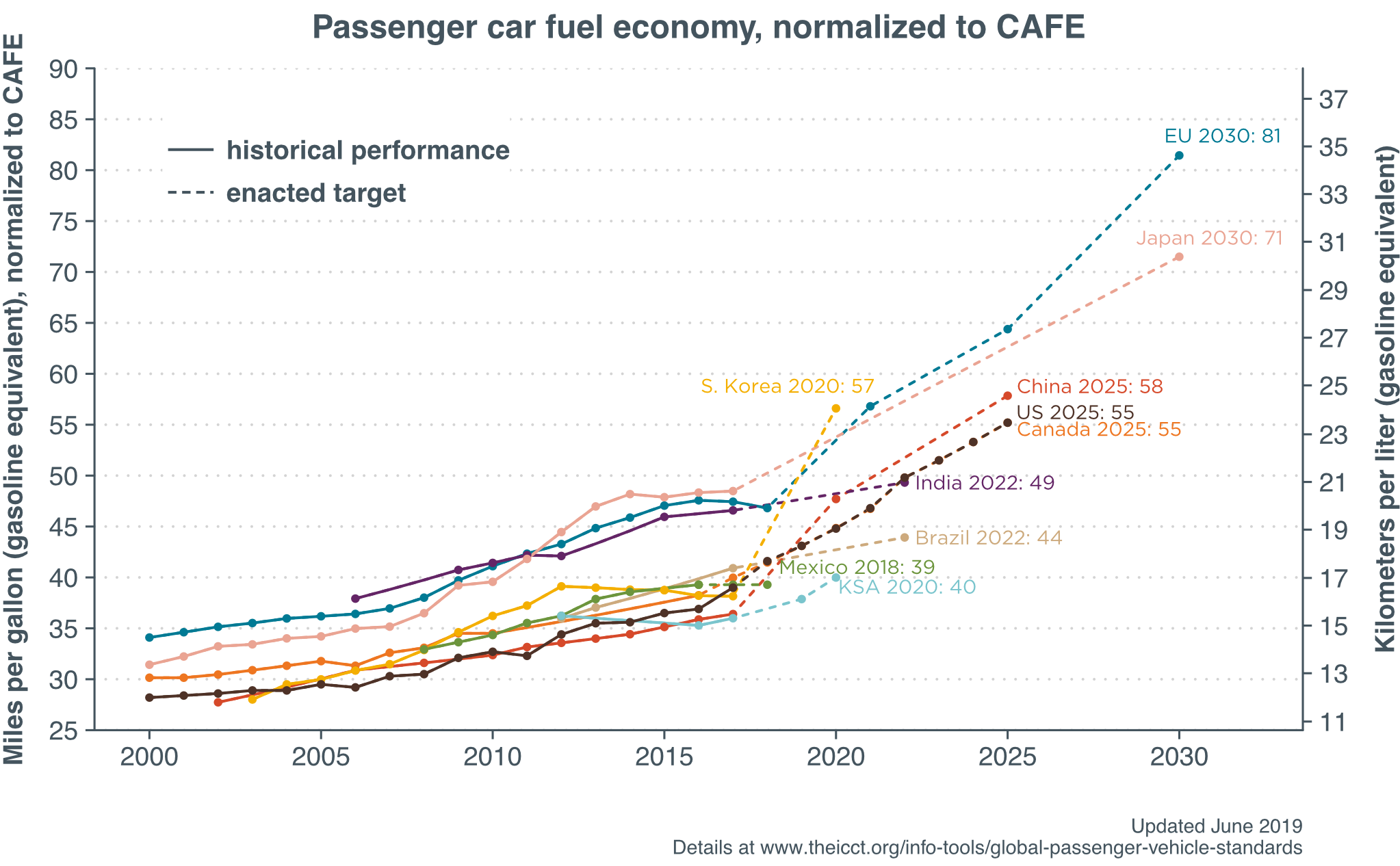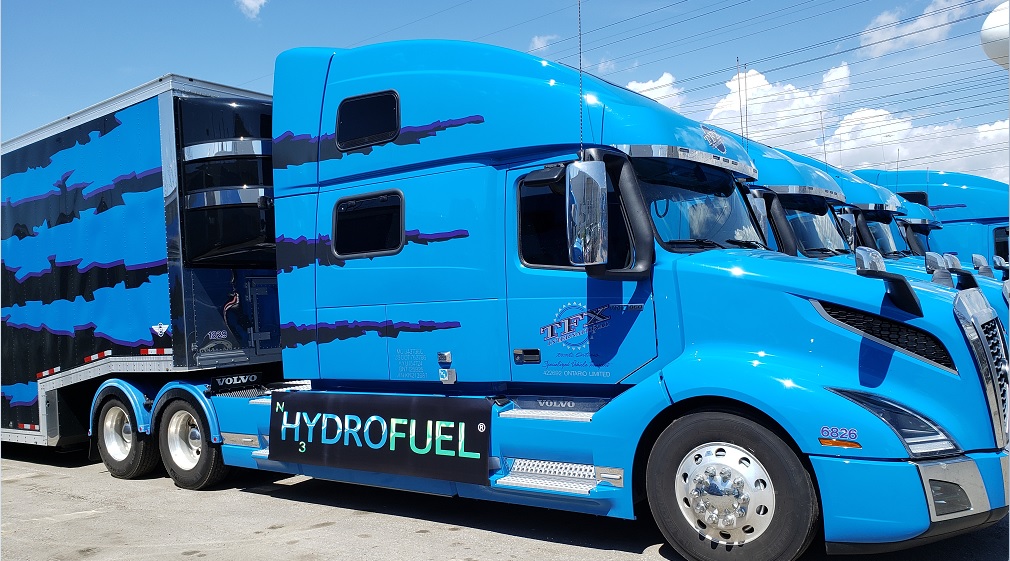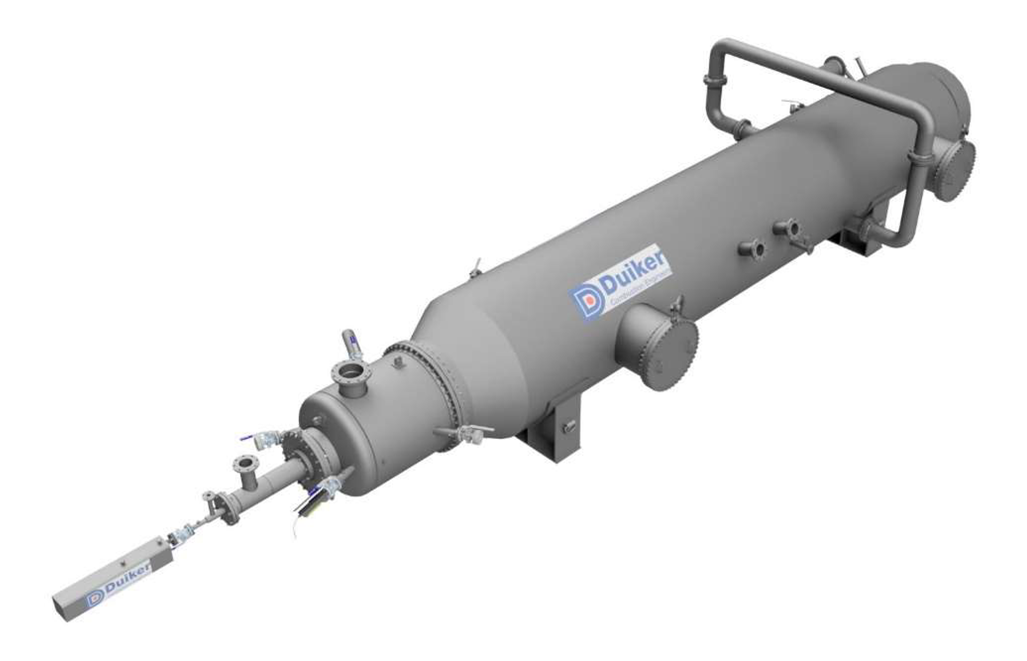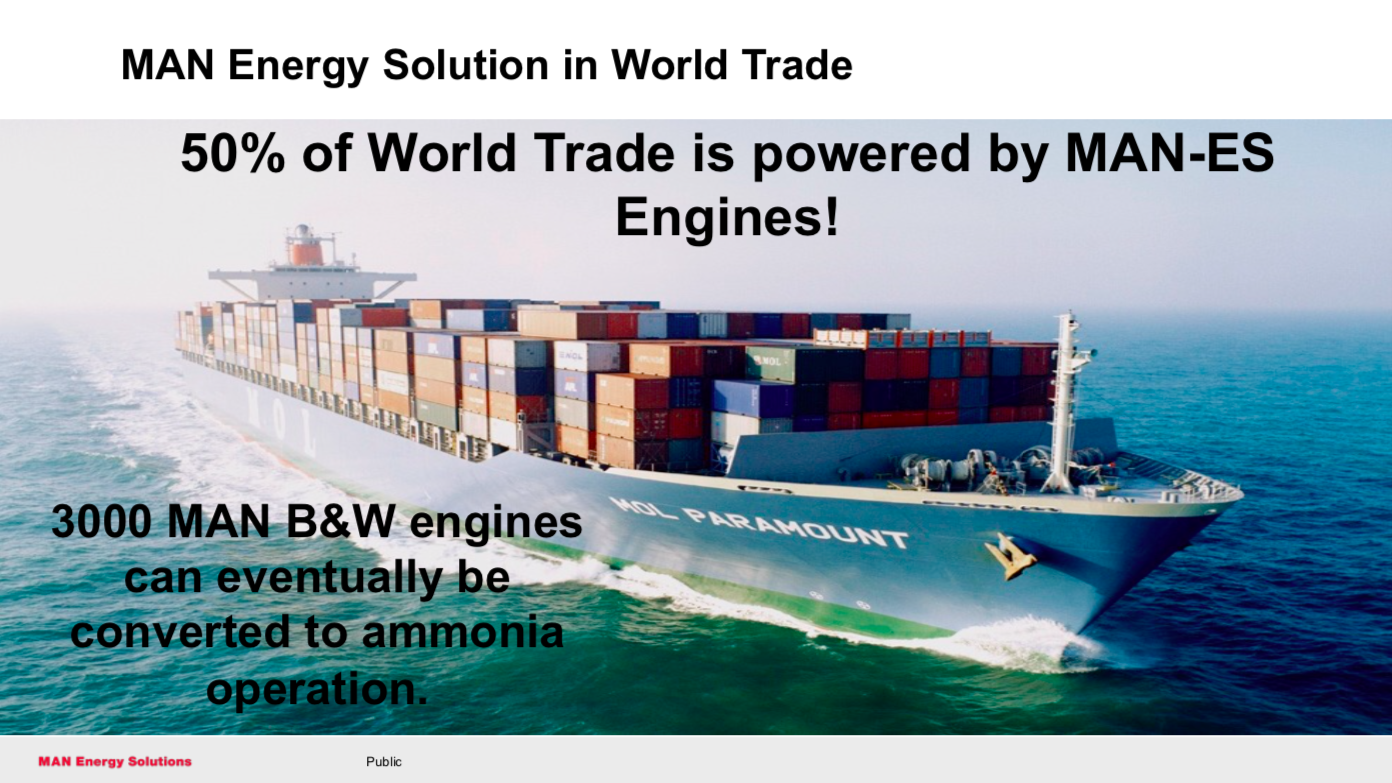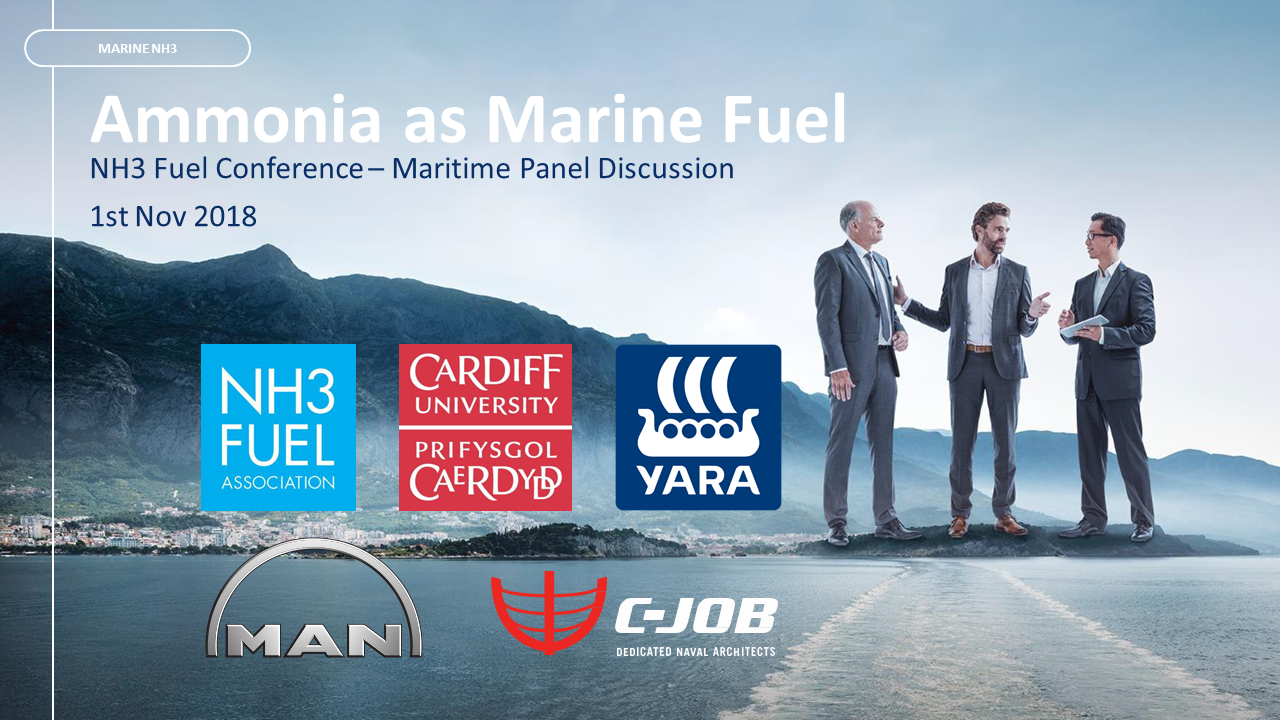The maritime industry has been engaged in a frenzy of research since April 2018, when the International Maritime Organization (IMO) announced its Initial GHG Strategy mandating a 50% reduction in shipping's emissions by 2050. Three recent announcements illustrate the speed and depth of progress across a range of maritime stakeholders. In the government sector, the UK has launched its Clean Maritime Plan, which identifies ammonia as one of its strategic "clean growth opportunities." In finance, a coalition of 11 banks representing a shipping portfolio of around $100 billion has launched the Poseidon Principles to "redefine the role of banks in the maritime shipping sector." And class society ABS launched its Global Sustainability Center in Singapore to analyse, certify, and validate alternative fuels and new technologies; its Director of Global Sustainability will speak at the inaugural conference of the Ammonia Energy Association--Australia, held in Clayton, VIC, on August 22-23. His subject will be "Green ammonia as marine bunker fuel."
Ammonia Engine
Safe and Effective? New Study Evaluates Ammonia as a Marine Fuel
In mid-June the Dutch naval architecture firm C-Job released "Safe and effective application of ammonia as a marine fuel," a thesis written by the firm’s Lead Naval Architect Niels de Vries for the Marine Technology Master of Science program at the Delft University of Technology in the Netherlands. While the thesis delivers an extensive assessment of ammonia's potential effectiveness as a marine fuel, it breaks new ground in its consideration of ammonia's safety in this context.
Strategic collaboration announced between Proton Ventures and Duiker Combustion Engineers
This week, two industry members of the Ammonia Energy Association announced that they have launched a "strategic collaboration." Coming from opposite ends of the ammonia energy value chain, one specialized in production and the other in combustion, this new partnership allows the two companies to "complete the chain of using ammonia as an energy solution."
Fuel Economy Standards, and the Roles of Ammonia
In the news this week, California and four automakers (BMW, Ford, Honda and VW) signed an agreement on fuel economy standards, rising 3.7% per year to about 50 MPG in 2026. This agreement, as well as previous California and Federal standards, give automakers flexibility to meet the standards with incentives and credits for new technology such as electric, hybrid, and alternative fuel vehicles.
University of Minnesota demonstrates efficient ammonia dual-fuel engine system
This month, researchers at the University of Minnesota began successful field tests of their new ammonia engine, operating a heavy-duty tractor across farmland near Morris, MN, on a dual-fuel blend of 70% diesel and 30% ammonia.
Heavy-duty diesel trucks to be converted to use ammonia fuel in Canada
This week, Hydrofuel Inc announced a commercial demonstration project to convert diesel gensets and transport trucks to run on ammonia fuel, with the conversion work and dual-fuel operations scheduled for a three year period. The CAD $2 million (USD $1.5 million) project will take place at TFX International, in Toronto, and involves the conversion of four existing diesel-fueled assets: two stationary power generators and two transport trucks. These will be converted using Hydrofuel's "aftermarket multi-fuels engine retrofit systems," and they will thereafter be able to operate on a dual fuel basis.
Dutch Company Breaks New Ground in Ammonia Combustion
Earlier this year the Dutch company Duiker Combustion Engineers shared a company paper with Ammonia Energy that targets ammonia energy as an application for the company’s proprietary stoichiometry-controlled oxidation (SCO) technology. The technology’s original commercial deployment in petroleum refining occurred in 2010, and now the company sees potentially broad applications for it as a sustainable energy expedient in the industrial and electricity sectors.
MAN Energy Solutions: an ammonia engine for the maritime sector
In June 2018, MAN Diesel & Turbo rebranded itself MAN Energy Solutions, reflecting the maritime engine market leader's "strategic and technological transformation" towards sustainability. The company was "taking a stand for the Paris Climate Agreement and the global pursuit of a carbon-neutral economy." According to Uwe Lauber, Chairman of the Board, "our activities have a significant impact on the global economy. In shipping, for example, we move more than half of the global stream of goods ... [and] the path to decarbonising the maritime economy starts with fuel decarbonisation, especially in container shipping." This week, the company took a significant step towards realizing its vision, disclosing that it is "pressing ahead with developing ... an ammonia-fuelled engine." This builds on the technology development pathway that MAN ES presented at the NH3 Energy+ Topical Conference at Pittsburgh in October 2018. The budget and timeline are set: the €5 million (USD$5.7 million) project will last two to three years and, if the shipowners decide to deploy the finished product, "the first ammonia engine could then be in operation by early 2022."
